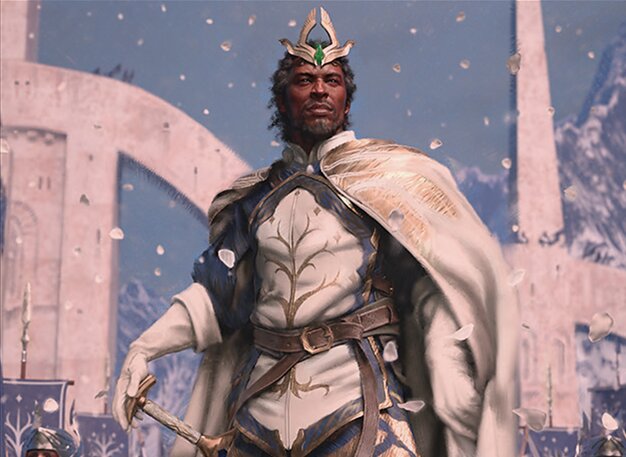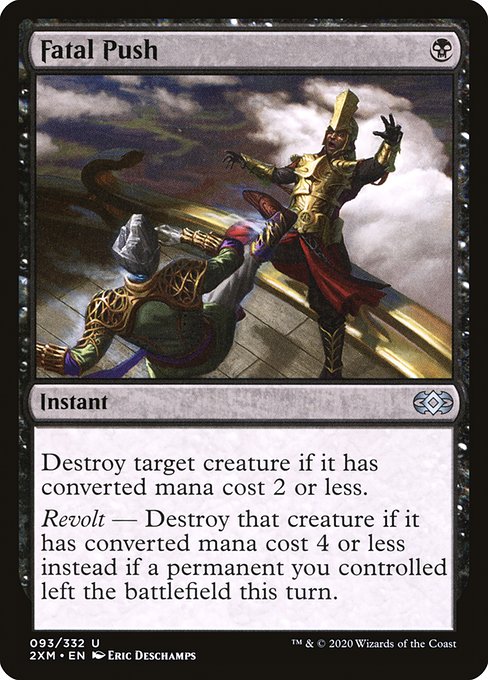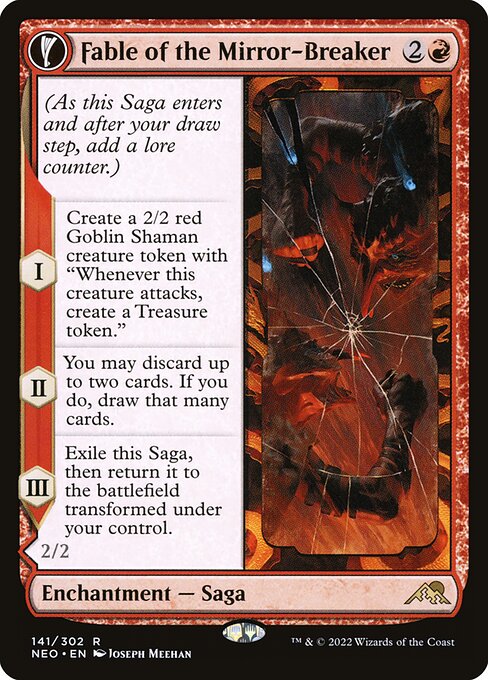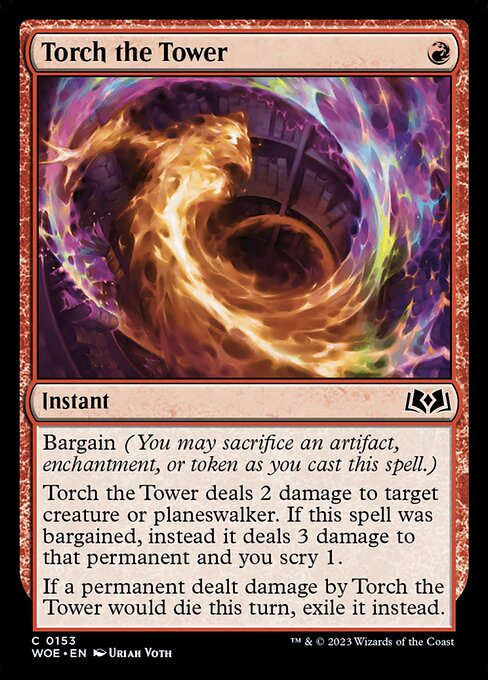Deck & Commander Strategies

Aragorn, King of Gondor
A tempo-focused deck that leverages haste and lifelink to apply early pressure and gain incremental life advantage, aiming to control the board with efficient creatures and key interactions like Invert Polarity.

Flamewar, Brash Veteran // Flamewar, Streetwise Operative
A disruptive tempo deck that uses removal spells and equipment to control the board while deploying Flamewar as a versatile threat, including stealing opponents' permanents to shift momentum.
Gameplay Insights
- 1
Stealing the opponent's commander with Flamewar created significant tempo pressure, forcing additional resource expenditure to regain board control.
- 2
Invert Polarity was a key card for countering disruptive enchantments like Blood Moon, maintaining mana consistency and enabling tempo plays.
- 3
Flamewar’s ability to apply pressure while controlling the board with removal spells like Fatal Push and Chain Lightning made it difficult for Aragorn to stabilize.
- 4
The use of flash creatures and instant-speed interactions allowed Aragorn to respond flexibly to Flamewar's threats, although it ultimately struggled to regain tempo after losing its commander.
Notable Cards
-

Aragorn, King of Gondor
-

Flamewar, Brash Veteran // Flamewar, Streetwise Operative
-

Invert Polarity
-

Fatal Push
-

Chain Lightning
-

Fable of the Mirror-Breaker // Reflection of Kiki-Jiki
-

Torch the Tower
Gameplay Summary
The game began with a slow start, featuring early plays of Thoughtseize and land drops setting the stage for a tempo-driven battle.
Aragorn's deck focused on leveraging haste and lifelink creatures, with key plays including Aragon himself gaining life and applying pressure.
Flamewar, on the other hand, utilized disruptive spells like Fatal Push and The Shadow Spear to control the board and remove threats.
A pivotal moment came when Flamewar managed to steal Aragorn's commander, forcing Aragorn to spend additional resources to regain control, illustrating the tempo swings that defined the match.
The interaction with Invert Polarity was crucial, allowing Agile responses to board states and protecting key pieces from removal and disruption.
Throughout the game, the players balanced resource management, removal, and threat deployment, with Flamewar gaining a slight edge through tempo and disruption.





















